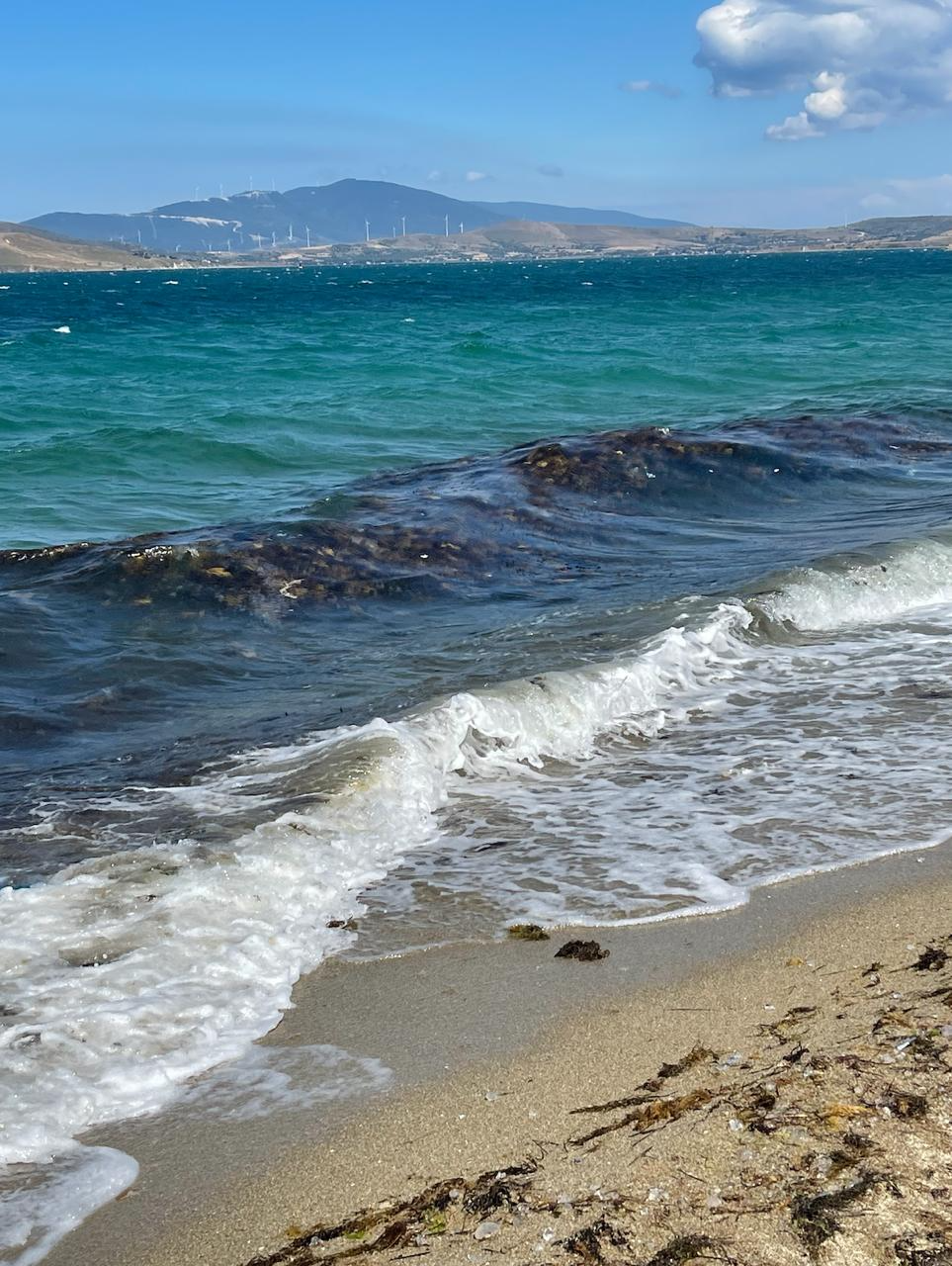“No More Green Colonialism”: Lessons from Indigenous Peoples for Sovereignty
Indigenous peoples are increasingly referring to a phenomenon called “green colonialism.” The term finds its roots in the recurrent injustices indigenous peoples face today, at the behest of the energy transition.
Around 42% of the land and biodiversity are governed by Indigenous peoples. The accelerated deployment of renewable energy technologies like solar and wind power requires a massive land surface. However, Indigenous peoples have been frequently marginalized, especially in efforts to take control of their lands or other natural resources for economic prosperity
Read More
Latin America: A Region of Opportunities Once More
These are only three of the many necessary initiatives for Latin America’s sustainable future. In this pursuit, governments, private sector and NGOs all have their own roles to play, all contributing to a shared goal of sustainable development. The region has the opportunity, through innovative policies and intersectoral cooperation, to establish itself as a sustainability leader, transcending mere newspaper headlines.
Read More
From Sacred Waters to Toxic Streams: The Troubled Legacy of the Motagua River and Our Path to Restoration
In recent years, the Motagua River has become a massive flow of garbage. Every year, about 40 million pounds of trash are dumped into the river, creating enormous environmental and health concerns. However, there are initiatives underway to clean up and restore the Motagua River.
Read More
From Data to Action: A Summer of Climate Finance at CDP
This past summer, I had the incredible opportunity to work as a Sustainable Infrastructure Fellow with CDP’s Climate Finance team under their Cities, States, and Regions (CSTaR) division. For those unfamiliar, CDP is a global non-profit organization that has revolutionized environmental reporting. CDP has the world’s largest, most comprehensive set of environmental data, which serves as a powerful tool for driving informed climate action among companies, cities, states, and public authorities worldwide. The climate finance team focuses on finance trends for a range of CSTaR sustainable infrastructure projects, including transportation, renewable energy, energy efficiency, waste management, and water management.
Read More
Avsa Internship Reflection: Summer 2024
This summer, I had the privilege of visiting Avsa Island in Türkiye, where I worked closely with a local community that is grappling with both environmental and economic challenges. Through my internship with the Avsa Project, I gained firsthand experience in working toward environmentally sustainable solutions while exploring ways to empower the community economically.
Read More





